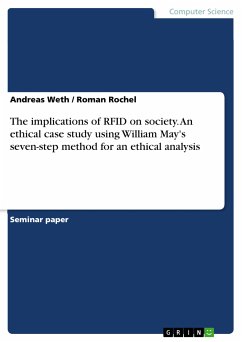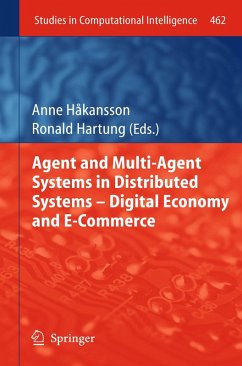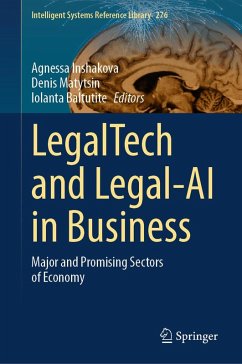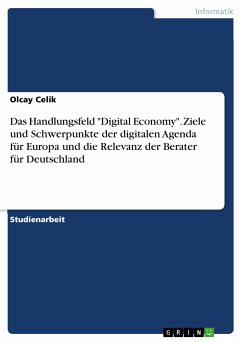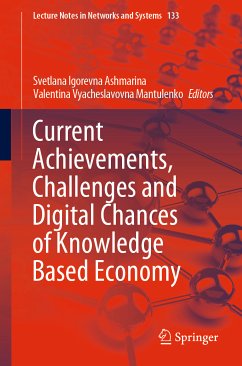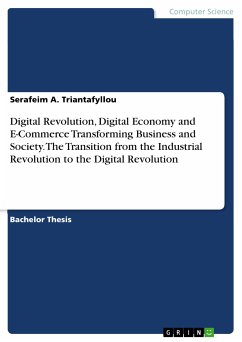
Digital Revolution, Digital Economy and E-Commerce Transforming Business and Society. The Transition from the Industrial Revolution to the Digital Revolution (eBook, PDF)
Sofort per Download lieferbar
Statt: 27,95 €**
18,99 €
inkl. MwSt. und vom Verlag festgesetzt.
**Preis der gedruckten Ausgabe (Broschiertes Buch)
Alle Infos zum eBook verschenkenWeitere Ausgaben:

PAYBACK Punkte
0 °P sammeln!
Bachelor Thesis from the year 2011 in the subject Computer Science - General, grade: 9.00/10.00, University of Macedonia, language: English, abstract: This study shows the transition from the industrial revolution to the digital revolution. The continuous flow of information and the rapid development of technology in today's times affect many aspects of our everyday life and in particular the economy, the consumer goods and in general the marketplace. These significant facts lead to the Digital Economy or the New Economy and the Information Society. The effects of the Information Society and t...
Bachelor Thesis from the year 2011 in the subject Computer Science - General, grade: 9.00/10.00, University of Macedonia, language: English, abstract: This study shows the transition from the industrial revolution to the digital revolution. The continuous flow of information and the rapid development of technology in today's times affect many aspects of our everyday life and in particular the economy, the consumer goods and in general the marketplace. These significant facts lead to the Digital Economy or the New Economy and the Information Society. The effects of the Information Society and the Digital Economy have become visible in Greece, even with a time delay. The Digital Economy refers to an economy that is based on digital technologies, including digital communication networks and other related information technologies. The Digital Economy is sometimes called the New Economy or the Internet Economy. In this new economy, digital networking and communication infrastructures provide a digital global platform over which people and organizations interact, communicate, search information and collaborate. The technological dynamics of the digital age continue to impact the decisions of firms. If we consider in more detail the Digital Economy, we can tell that the Digital Economy shows where technological dynamics are emerging and where more traditional patterns seem to be holding. Moreover, we have to examine the policy implications of the rising Digital Economy. The digital economy is creating a unique business culture in our technological society. In the end, we must pay attention to some central topics such as new ways of organizing, the importance of vision and trust in e-commerce.
Dieser Download kann aus rechtlichen Gründen nur mit Rechnungsadresse in A, B, BG, CY, CZ, D, DK, EW, E, FIN, F, GR, HR, H, IRL, I, LT, L, LR, M, NL, PL, P, R, S, SLO, SK ausgeliefert werden.




